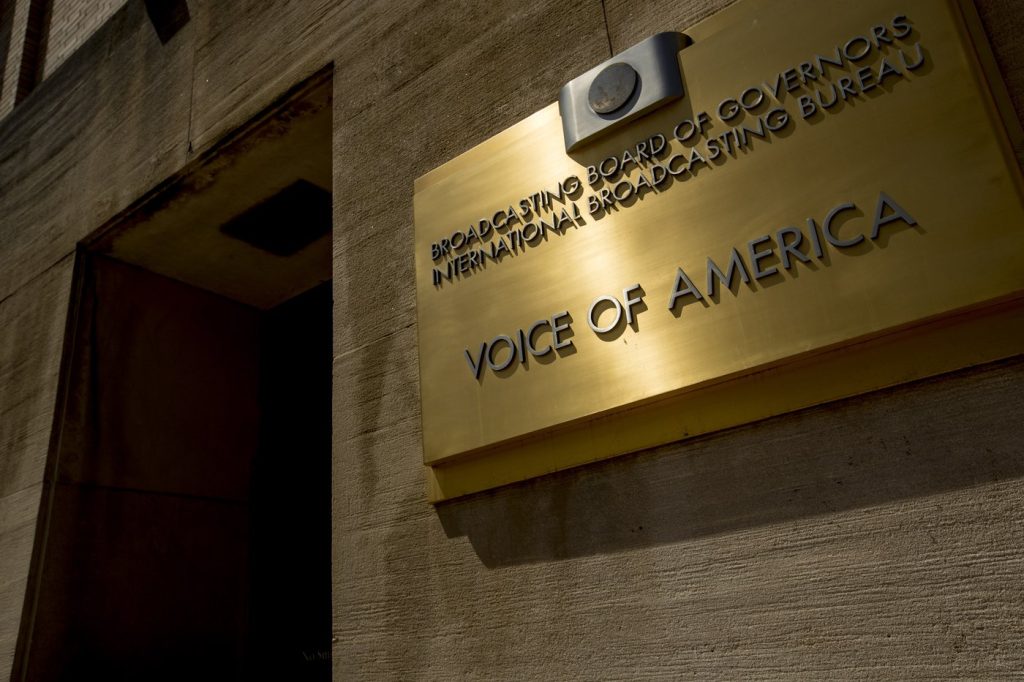BEIJING (AP) — The recent decision by U.S. President Donald Trump to implement cuts at Voice of America (VOA) and other government-funded media outlets is perceived as favorable news for China's ruling Communist Party. This shift has raised eyebrows due to its potential implications for international reporting and free speech.
In a press briefing, a spokesperson for China's Foreign Ministry commented on Trump's policy changes without directly addressing the cuts. Mao Ning stated, “I do not comment on U.S. domestic policy changes," yet took the opportunity to remark on the reported failures of the aforementioned media channels. She emphasized, “But as for the media you mentioned, their bad records in reporting on China are not a secret.”
Trump’s administration has significantly impacted the landscape of U.S. international broadcasting by placing virtually the entire staff of Voice of America on leave and terminating grants to Radio Free Asia, amongst other media organizations known for their critical reporting. Radio Free Asia is particularly noted for its extensive Chinese-language service that sheds light on various pressing issues, including human rights abuses in regions such as Xinjiang and Tibet, allegations that the Chinese government vehemently denies.
Voice of America maintains a Chinese-language website that is often filled with stories absent from state-controlled Chinese media. This lack of coverage is notable as China ranks 172nd out of 180 countries in the Reporters Without Borders press freedom index, underscoring the challenges faced by independent journalism in the region.
The Global Times, a state-owned Chinese tabloid, published a scathing editorial targeting Voice of America, stating, “The so-called beacon of freedom, VOA, has now been discarded by its own government like a dirty rag." This statement reflects the broader narrative that the Chinese government is eager to promote regarding the U.S. and its media policies.
Moreover, the implications of Trump’s media cuts extend beyond China’s borders. Cambodia's former Prime Minister Hun Sen, a long-time authoritarian leader, also expressed approval of the decision. He described the cuts as “a major contribution to eliminating fake news, disinformation, lies, distortions, incitement, and chaos around the world,” suggesting a unified sentiment among certain leaders who may see these media outlets as vehicles of dissent and disorder.
Overall, the cuts initiated by the Trump administration have sparked discussions regarding the role and effectiveness of government-funded media in promoting free speech and addressing narratives that contradict state-controlled perspectives, especially concerning China’s international image.











